Summary
- Overused mentor death trope: Killing off mentors weakens emotional impact.
- Lack of mentor depth in modern anime: Mentors feel generic and lack complexity.
- Overpowered mentor problem: Untouchable mentors lack relatability and overshadow protagonists.
Mentors have long been a cornerstone of human progression, serving as guiding figures who instill wisdom, and are, more often than not, the ones shaping their pupil’s growth. In anime, they’re generally used to offer emotional resonance to the narrative, like Master Roshi in Dragon Ball or Kakashi Hatake in Naruto. Such characters have traditionally wielded a significant narrative weight.
However, over time, the impact of anime mentors has diminished, leaving their roles feeling formulaic and less impactful. What happened to the once-revered mentor archetype, and why does it feel like they’ve lost their spark? The answer lies in how modern anime challenge the power archetype.
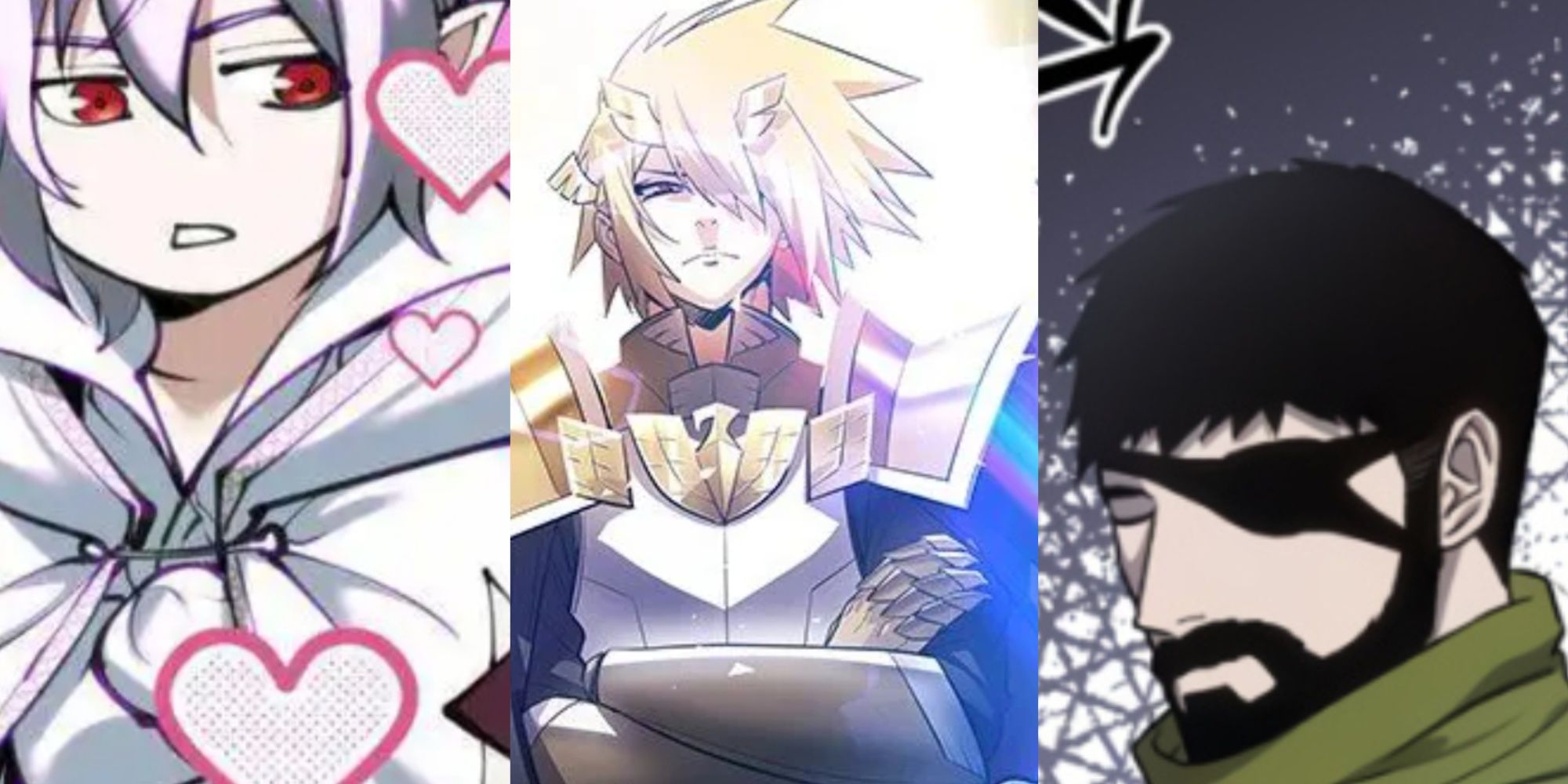
Related
5 Best Mentor-Student Relationships In Manhwa
The connection between a mentor and a student is always unique, and these manhwa portray their nuances beautifully.
The Mentor Death Trope Issue
Overused and Underwhelming Ideologies
One of the most prevalent issues with mentor characters is their predictability. Anime has a notorious habit of killing off mentors to create dramatic stakes or to push the protagonist toward independence. While this can be a powerful narrative tool, its repeated use has dulled its emotional resonance.
Jiraiya’s death in Naruto is a classic example. His demise was a heart-wrenching moment that propelled Naruto’s growth, but it also leaned heavily on the trope of the “mentor sacrifice.” Compare this with earlier examples, such as Obi-Wan Kenobi in Star Wars, where the death felt novel and impactful.
If you strike me down, I shall become more powerful than you can possibly imagine
Now, audiences can almost always predict the fate of mentor characters, from All Might’s symbolic end in My Hero Academia to Kamina’s tragic death in Gurren Lagann. Without innovation, this trope has become a crutch rather than a meaningful story device.
In contrast, shows that subvert or avoid this trope often leave a stronger impression. Uncle Iroh in Avatar: The Last Airbender provides guidance without being killed off, allowing his relationship with Zuko to evolve organically over time. Just by staying alive, Iroh becomes a continuous source of inspiration and growth, not just a catalyst for a single turning point.
Lack of Mentor Depth & Need
From Complex to Super Generic
Many modern mentors fail to achieve the nuanced depth of their predecessors. Older mentors often had rich backstories and personal arcs that paralleled or intertwined with the protagonist’s journey. Piccolo from Dragon Ball Z, for instance, transformed from a bitter antagonist to a caring, paternal figure for Gohan. His sacrifices and teachings were rooted in his own growth, making his mentorship more profound.
By comparison, contemporary mentors often feel like placeholders. Take Gojo Satoru from Jujutsu Kaisen: While undeniably charismatic and powerful, his role as a teacher is overshadowed by his invincibility and enigma-worthy personality. His mentorship lacks the same weight as Piccolo’s, as Gojo rarely connects with his students on a deeper emotional level. His role is primarily to set up challenges and provide occasional guidance, leaving much of the character development to other figures.
This problem is compounded by the rise of ensemble casts in anime, where mentors often become one-note side characters rather than fully realized individuals. In Demon Slayer, Urokodaki Sakonji and Rengoku Kyojuro provide valuable lessons but lack substantial arcs themselves, making their mentorship feel fleeting and less impactful.
The Overpowered Mentor Problem
Why Does One Need a Main Character Then?
Another issue is the overpowered nature of modern mentors. While their strength is meant to inspire awe, it often undermines their relatability. When mentors like Silver Rayleigh in One Piece or Yami Sukehiro in Black Clover are portrayed as near-invincible, their struggles seem trivial compared to the protagonist’s. Their godlike abilities can overshadow the narrative, making it difficult for audiences to see them as flawed or vulnerable.
Surpass Your Limits. Right Here. Right Now.
Gojo Satoru is a prime example of this. His immense power creates a sense of detachment; he rarely faces challenges that test his character or his relationship with his students. This contrasts sharply with mentors like Jiraiya, whose flaws and struggles made his teachings more meaningful.
A New Age of Protagonist Focus
Trends are Changing, For Better or For Worse
Modern anime increasingly prioritizes the protagonist’s journey and often sidelines mentors to achieve this. Unlike older series, which dedicated significant screen time to the mentor-protege relationship, contemporary anime often relegates mentors to the background.
In Attack on Titan, Keith Shadis is a prime example. While he initially plays a crucial role in shaping the Survey Corps recruits, his character quickly fades into the background, leaving the spotlight on Eren, Mikasa, and Armin.
This shift reflects broader storytelling trends in anime, where mentors are used more as tools for exposition or plot advancement than as integral parts of the narrative. When limiting their roles, an anime risks losing the emotional resonance and complexity that mentors can provide.
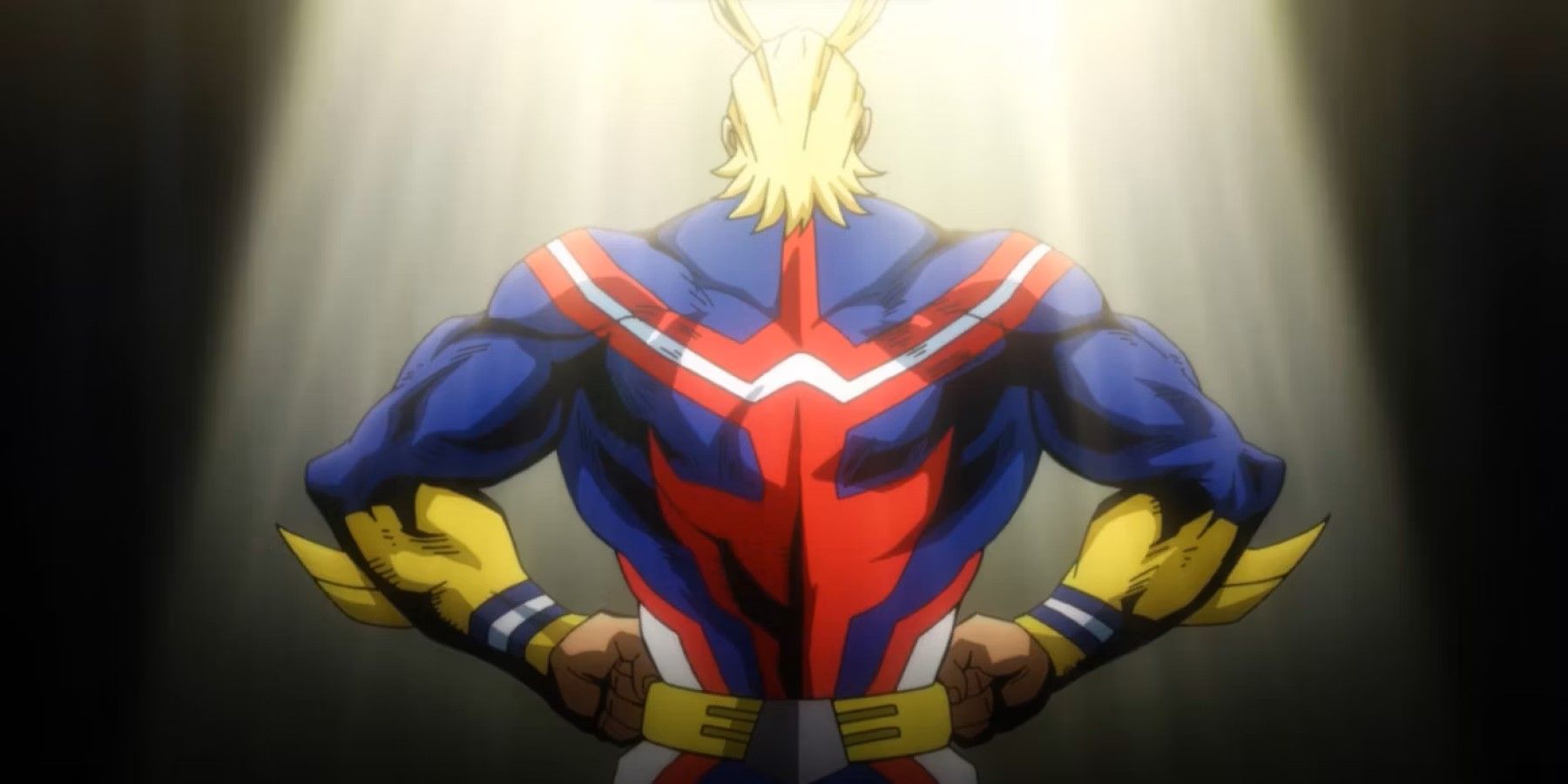
Related
My Hero Academia: All Might’s Era – A Retrospective Analysis
All Might’s era set the stage for the series’ exploration of the idea of heroism. What did it ultimately accomplish?
Reinventing the Mentor Archetype
How Changes are Still Possible
To restore the impact of mentors in anime, creators must embrace innovation and depth. Here are several ways to achieve this:
- Subvert Expectations: Instead of killing off mentors, allow them to face personal failures or evolve alongside the protagonist. This creates a more dynamic relationship. For instance, imagine a mentor who retires but struggles to adapt to a life without purpose, paralleling the protagonist’s quest for identity.
- Develop Their Backstories: Mentors should have their own arcs that enrich the main narrative. Characters like Jiraiya, whose personal tragedies inform his teachings, exemplify this approach. Giving mentors rich histories makes their guidance more authentic and impactful.
- Highlight Vulnerability: Mentors who struggle with their limitations—whether physical, emotional, or moral—can create more compelling stories. Piccolo’s growth as a father figure is a testament to how vulnerability can deepen a mentor’s role.
- Avoid Overpowered Tropes: Making mentors invincible can rob them of relatability. Instead, show their struggles and how they overcome them, demonstrating that even mentors are human (or fallible, depending on the setting).
Rather than sidelining mentors after a single arc, integrate them into the story as evolving figures who grow alongside the protagonist. This approach can create a richer and more layered narrative.
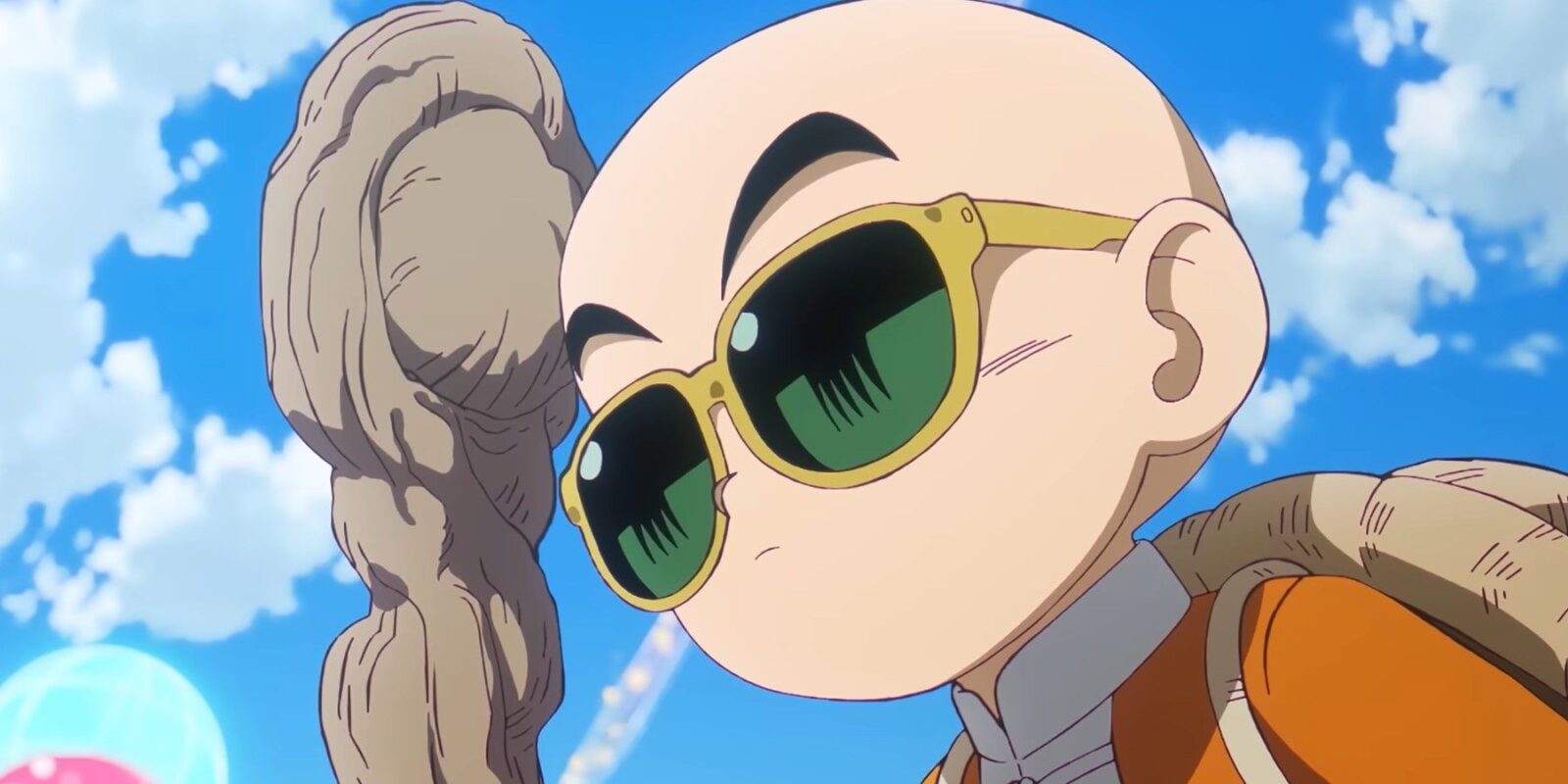
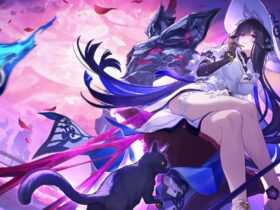
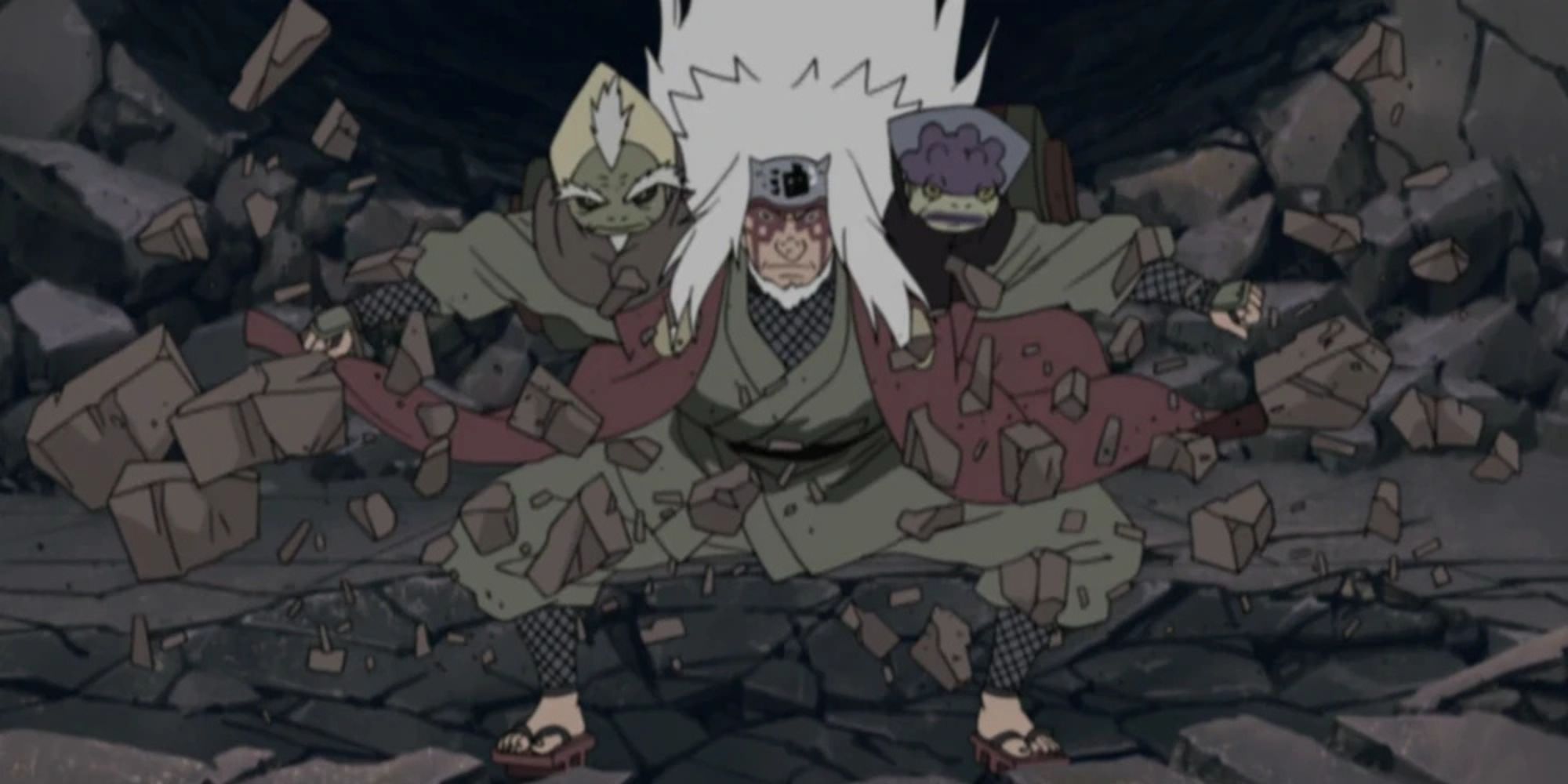
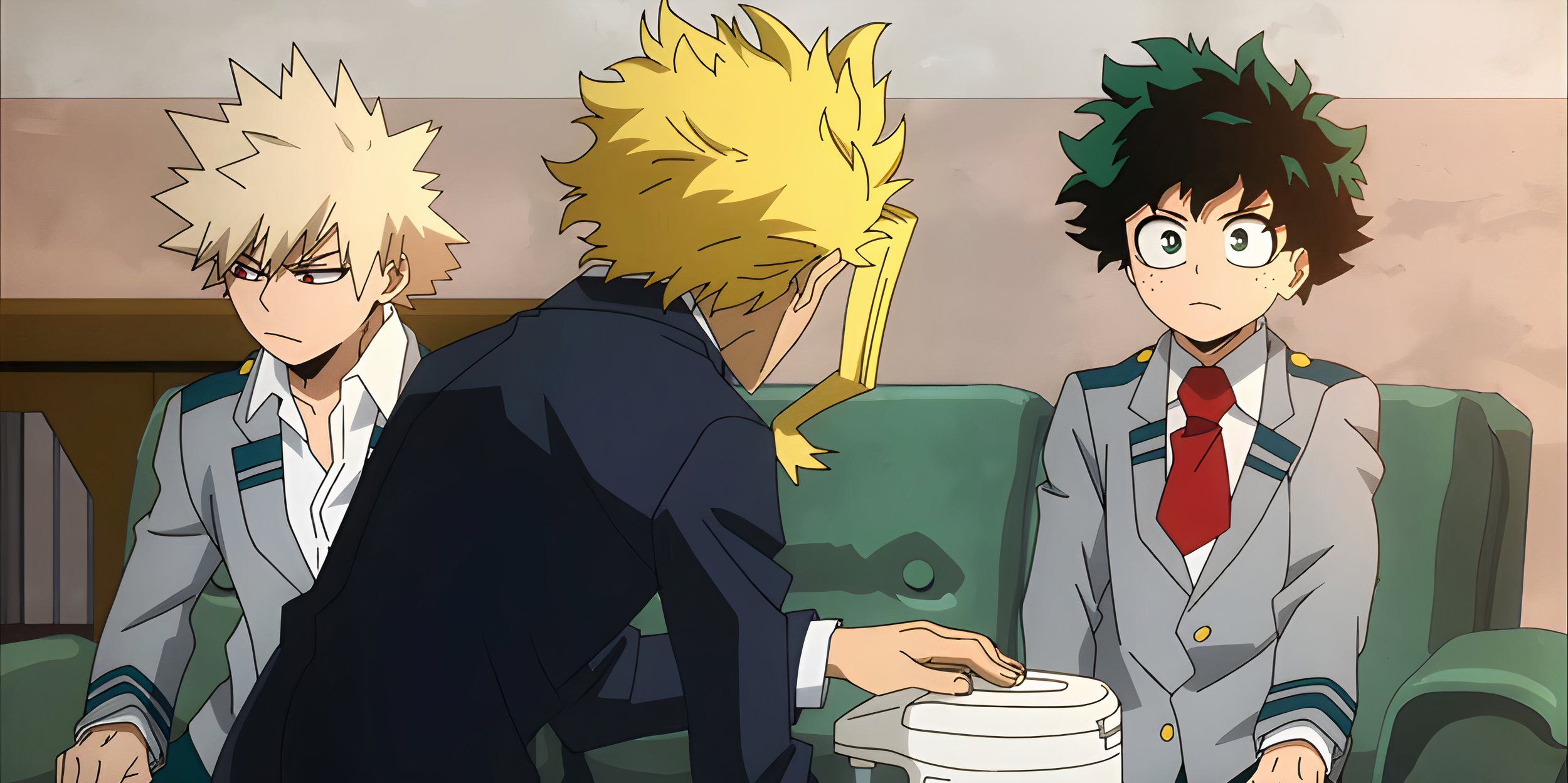
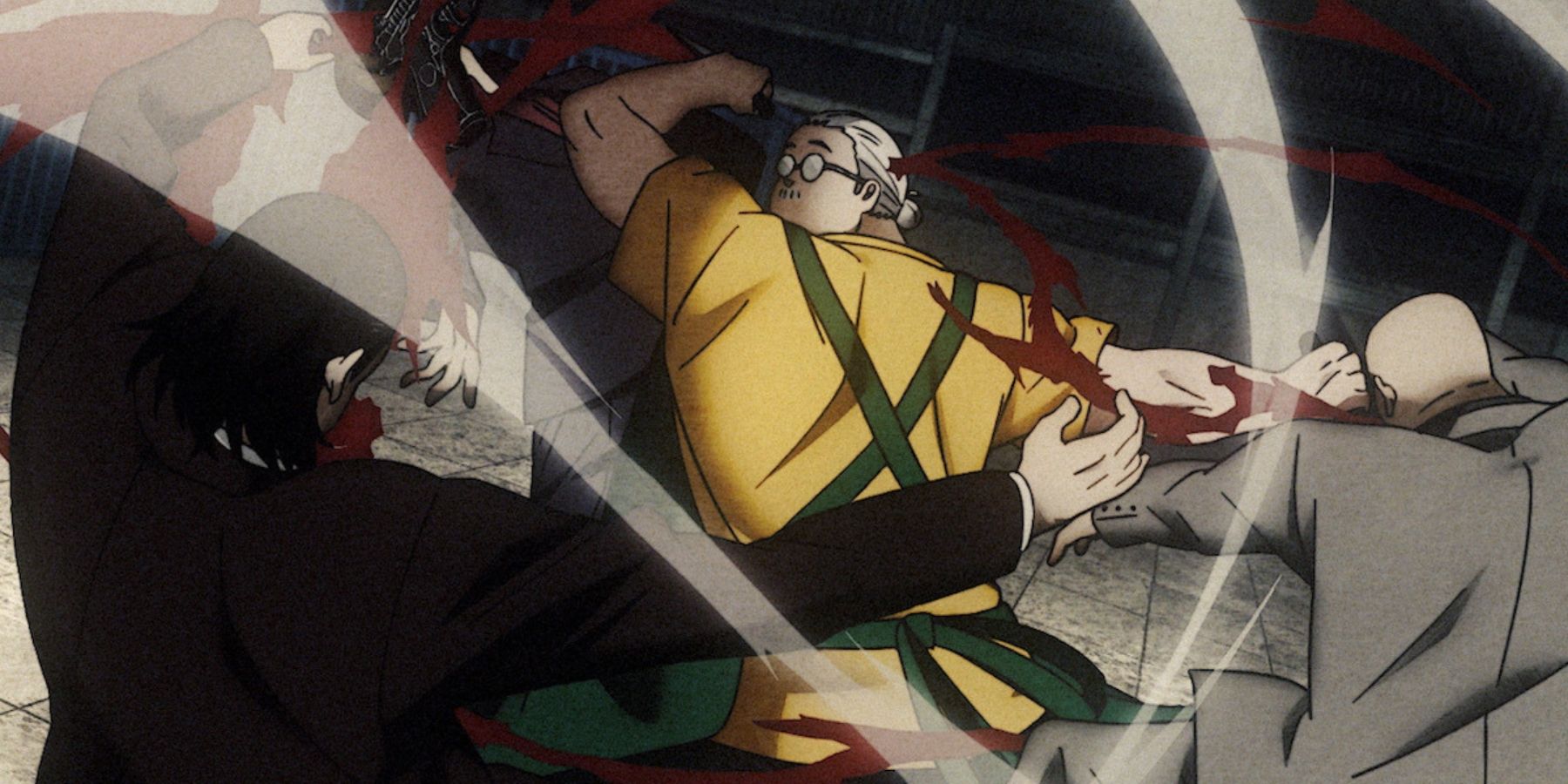
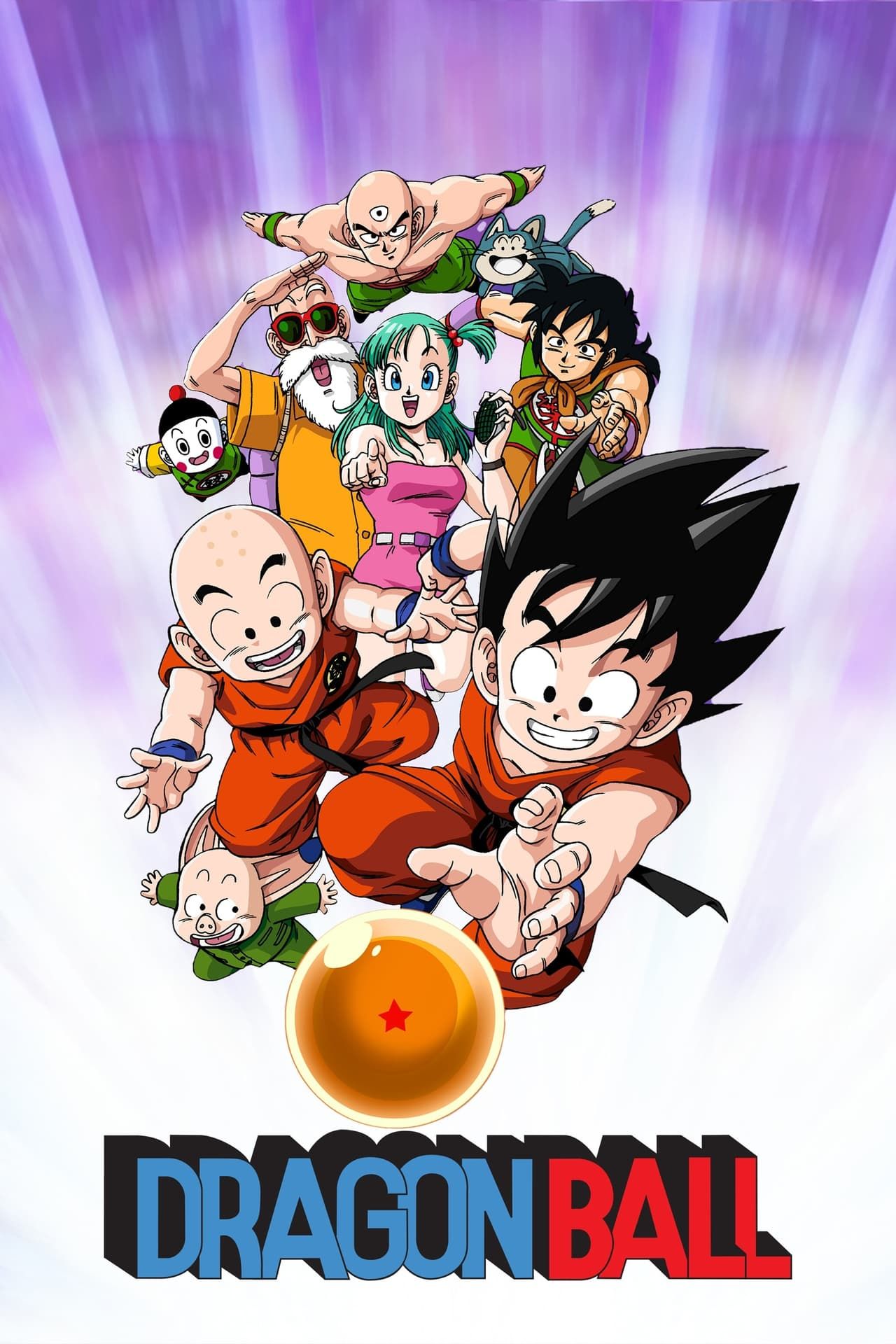

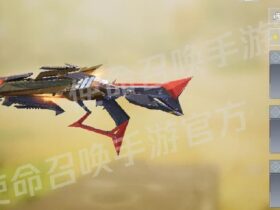
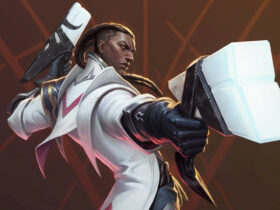

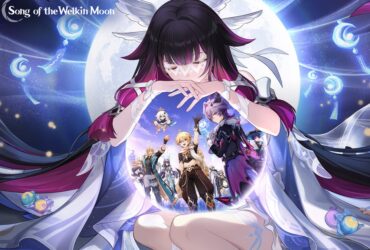
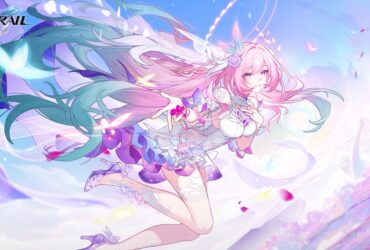
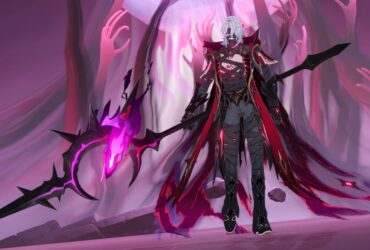
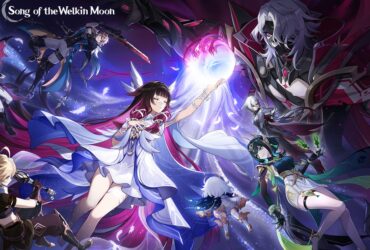
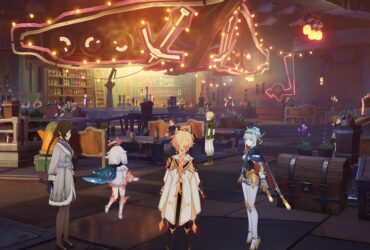

Leave a Reply